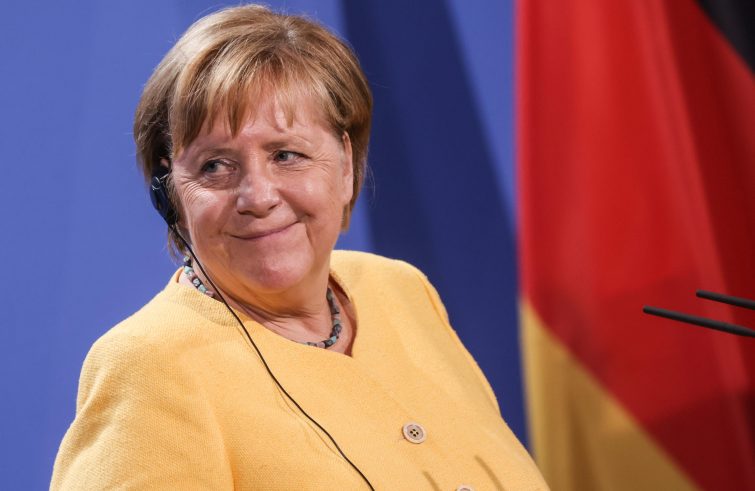
Four weeks to go to September 26th, when Germany will hold its Federal elections. Only two things seem certain amidst a fluctuating scenario: firstly, there will be a new chancellor, as Angela Merkel has now reached the end of her political career; and secondly, the destinies of Europe’s strongest economy will continue being decided by a coalition. As of today – and more so with each passing day – all the rest remains uncertain: the latest opinion polls show that many voters are still undecided. This means that unexpected developments are possible, but with no dramatic reversals – barring Angela Merkel’s exit from the political scene, which in itself is likely to mark a profound change in German, and perhaps European, politics.
Election polls: who is leading the race. Three candidates are running to succeed Angela Merkel’s 16-year chancellorship. After Annegret Kramp-Karrenbauer’s leadership failed, and following months-long debates, the Conservative party ( CDU/CSU) chose as its candidate Armin Laschet, incumbent president of North-Rhine Westphalia, Germany’s largest Federal state, devastated in July by severe flooding. He is not universally favoured. The Social Democrats (SPD), on the other hand, have nominated for the post of chancellor Olaf Scholz, currently Finance Minister and Vice-Chancellor, credited with having restored support for a political party that had lost its popularity in 2017 under Martin Schulz. Forty-year-old Annalena Baerbock, co-leader with Robert Habeck of the rejuvenated Green Party (but with no previous responsibilities in government positions), is the third candidate. In a direct election of the chancellor the winner would be Scholz, with Baerbock following at a considerable distance.
Opinion polls and percentages. The composition of the Bundestag, and thus the coalition that will make up the government, is currently hard to predict. While the voting trends of Germany’s 60.4 million eligible voters in May saw a leap in the ratings of the Greens, as they overtook both the Conservatives and the Social Democrats on their way to winning 25% of the vote,
fluctuating ratings now unexpectedly show that CDU/CSU is polling head-to-head with SPD ( with the former at 23% and the latter at 22%) with the Greens dropping to 18%.
Polls suggest that the FDP liberals (currently at 12%), and far-right AfD, presently polling at 10-11%, will also win seats in parliament. AfD is stronger in the eastern Länder, but it is no longer feared as much ( although those votes are coveted and have been the reason for clumsy approaches by the CDU/CSU, paid at a high price).
Jamaica or Kenya? Consensus for left-wing party Die Linke is stable and low, at a precarious and fluctuating 6-7%, and thus so far well above the 5% threshold required to enter the Federal Parliament. Faced with these numbers, that have greatly changed in recent weeks and could continue to vary with the upcoming vote, there is no doubt that a three-party coalition will be necessary. The nature of such a coalition is yet to be determined. It is unlikely to be “Jamaican” – based on the colours of the parties – as it was in the past (with CDU, the FDP Liberals and the Greens). It might be “Kenyan” (with CDU, SPD and the Greens) or some other combination.
Unknown factors surrounding the vote. The political debates on the upcoming election have reconfirmed the bond and centrality of the EU, shared by all three Chancellor candidates. The country that Merkel leaves behind is one that is deeply involved in the European debate, but
Germany’s future role in the EU will also depend on the fate of Emmanuel Macron, to be decided in next year’s French elections.
The divisive issue of migration has been replaced by the pandemic – in Germany and in many other countries – and in fact, health and environmental issues are key areas on which Germans are currently weighing up the political programmes of the competing parties. Moreover, the Afghan crisis is yet another unknown factor that could influence public opinion.









